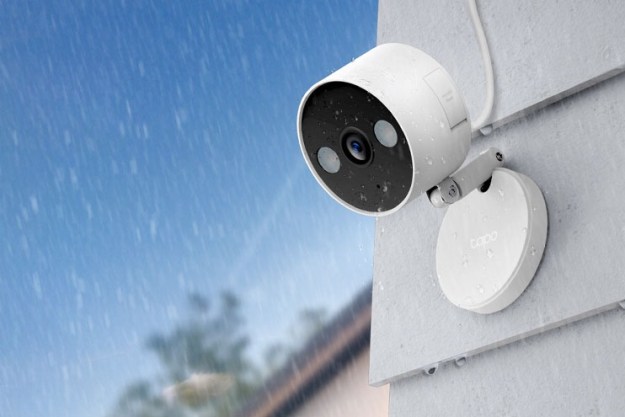
Hotels the world over have of course already begun incorporating high-tech features. There’s Yotel, known for its futuristic rooms geared toward the modern traveler, and of course, the “Strange Hotel” in Japan, which famously features a T-rex receptionist. But Marriott is proving that even established brands can and indeed are looking to bring the 21st century into their guest experience.
It’s all thanks to the IoT Guestroom Lab, which is exploring concepts to “elevate the guest experience, create more efficient hotel room design and construction, and contribute to Marriott’s global sustainability efforts and goals.” The Lab is said to be integrating multiple IoT systems, devices, and applications to speak with one another, and better address the needs of guests and hotel operations staff.
“We know that our guests expect to personalize almost everything in their lives, and their hotel experience should be no different,” said Stephanie Linnartz, global chief commercial officer of Marriott International. “By teaming with best-in-class partners, we are leveraging mobile and voice-enabled technology to give our guests the ability to set up the room to best meets their needs – whether that is creating the ultimate relaxation environment or one that enables productivity for business travelers.”
So what can you do with the tech within the IoT Guestroom Lab? For starters, you can ask a virtual assistant to wake you up at 6:30 in the morning, then set up a yoga routine on a full-length mirror, and then have the system set start the shower at your desired temperature. And of course, you’d be able to do all of this via a mobile app or your voice.
Hopefully, the result of the Lab will be a more seamless experience for hotel guests (not to mention hotel managers). Customers may soon be able to set preferences that could translate across their home to their hotel room, making travel just a bit more convenient.
This change is going to take some time, however. The IoT Guestroom Lab will run for about three months, whereupon Marriott, Samsung, and Legrand will analyze feedback to determine their next steps. Guests will begin seeing these new technologies implemented within the next five years.


